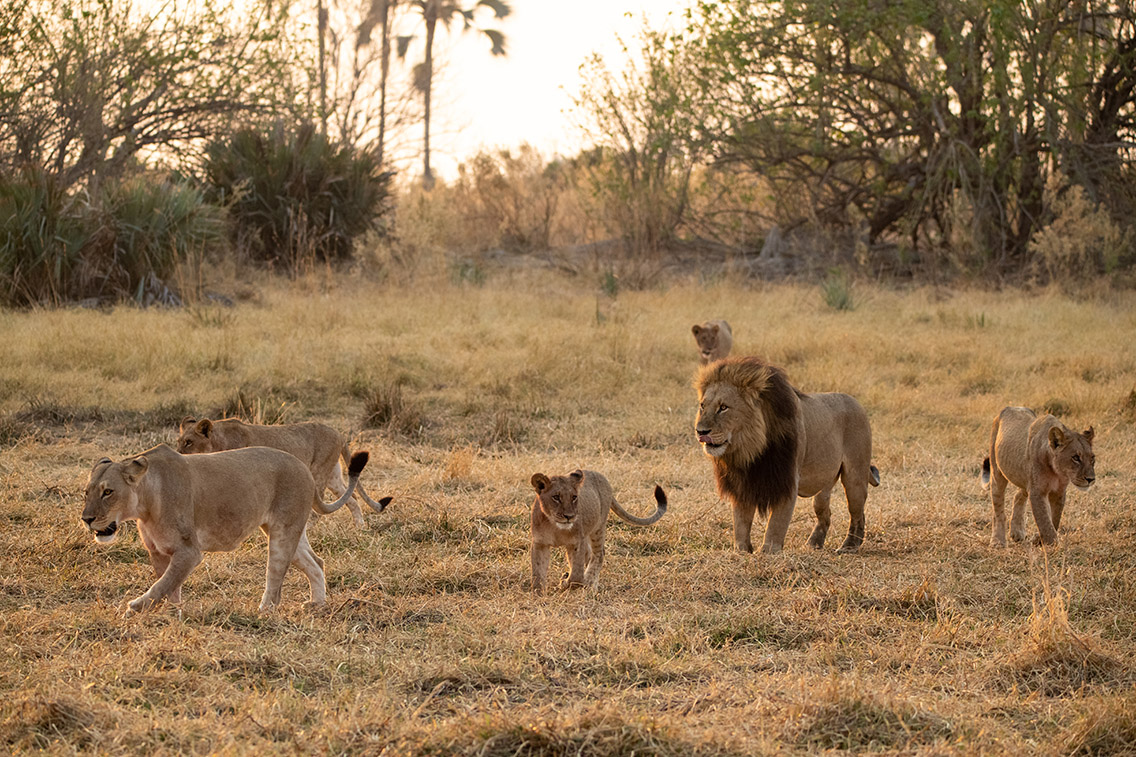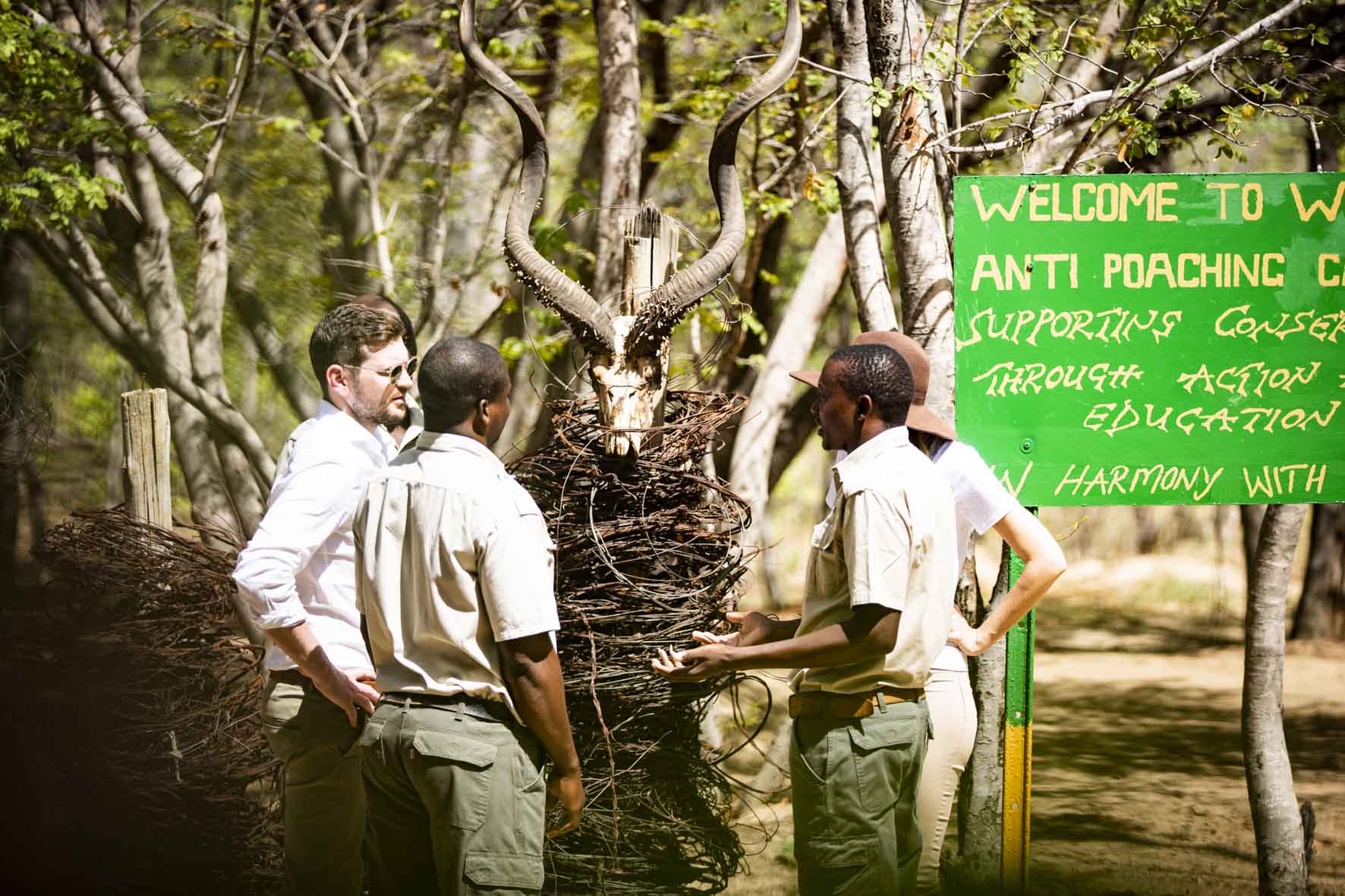Partners in purpose
Successful conservation can’t happen in isolation. We partner with real, committed, on-the-ground conservation teams in all the regions we operate in. Our approach to building partnerships means that we can create a network of positive force, a collaborative ecosystem that applies collective resources to maximise our impact together. Partners include communities, governments, businesses and NGOs.
Wilderness Trust
In 2000, we established the Wilderness Trust, an independent non-profit that supports existing projects across Africa. From endangered species to education and training, the Trust supports these projects in three areas. Firstly, by funding species studies, monitoring of populations and understanding human-animal conflicts, the trust supports research and conservation. Through community upliftment programmes and Children in the Wilderness, the Trust focuses on education, and by funding and conducting aerial surveys and increasing the capacity for researchers, the Trust supports anti-poaching and wildlife management.
In Botswana, current wildlife-focused projects include vulture conservation, and wild dog conservation in the Kavango-Zambezi area; in Namibia, desert-adapted lion and elephant conservation; and in Zimbabwe, elephant movement studies as well as the support of tracker and anti-poaching projects.

Also in Botswana, in partnership with Communities Living Among Wildlife Sustainably (CLAWS), Wilderness has been helping to reduce human-wildlife conflict in the Okavango Community Trust areas. The partnership offers a logistical and physical presence, monitoring and collaring to track lions’ movements and to foster a better co-existence between humans and lions. It’s about fostering a pride in our prides, building a strong, inclusive program for exchanging ideas, developing incentives for protecting wildlife, and using technology to our advantage.
Across Africa, lion numbers are dwindling. Wilderness is also a founding member of the Lionscape Coalition, a collaborative effort between key players in the conservation tourism industry and the Lion Recovery Fund (LRF), dedicated to securing a future for Africa's wild lions. The LRF's vision? To double wild lion numbers by 2050. To support this ambitious goal, Wilderness has committed to making annual investments into the LRF, not only supporting lion conservation in their regions but also fostering collaboration among industry partners. Lionscape Coalition members actively engage their guests before, during, and after safaris to raise awareness about these critical predators and generate additional funding, with 100% of donations going directly to on-the-ground projects.















